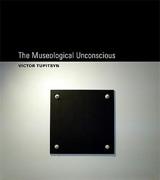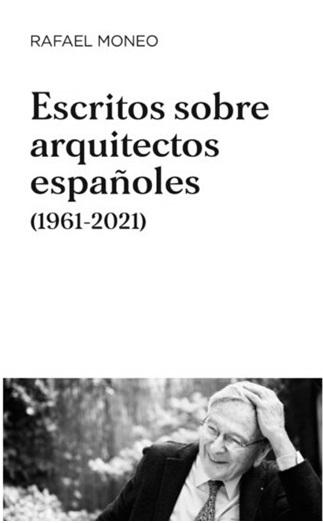MUSEOLOGICAL UNCONSCIOUS, THE. COMMUNAL (POST) MODERNISM IN RUSSIA

Autor/es
- EAN: 9780262201735
- ISBN: 978-0-262-20173-5
- Editorial: MIT PRESS
- Año de la edición: 2009
- Encuadernación: Cartoné
- Páginas: 344
- Materias:
teoría: arquitectura y arte
museología y coleccionismo
Sin stock. Envío en 15/30 días
pvp 40,24 €
In "The Museological Unconscious", Victor Tupitsyn views the history of Russian contemporary art through a distinctly Russian lens, a 'communal optic' that registers the influence of such characteristically Russian phenomena as communal living, communal perception, and communal speech practices. This way of looking at the subject allows him to gather together a range of artists and art movements - from socialist realism to its 'dangerous supplement', sots art, and from alternative photography to feminism - as if they were tenants in a large Moscow apartment. Describing the notion of 'communal optics', Tupitsyn argues that socialist realism does not work without communal perception - which, as he notes, does not easily fit into crates when paintings travel out of Russia for exhibition in Kassel or New York. Russia, he writes, went through an immense 'optical restructuring' in the 1930s, in which viewers of art were 'communalized'. This restructuring (and the effect it had on Soviet cultural mentality) is the leitmotif that runs through the book, as Tupitsyn discusses such topics as the history of alternative Russian art, the communal conceptualism of the 1970s and 1980s (epitomized by Ilya Kabakov and Andrei Monastyrsky), the iconoclastic sots art movement (the best known practitioners of which are the artistic team of Komar and Melamid), the different art worlds of Moscow and St. Petersburg (the 'aesthetics of transparency' versus the 'aesthetics of a blind spot'), the 'creative violence' of the telesniks, and the relationship among different generations of 'nonconformists'. Russian artists, critics, and art historians, having lived for decades in a society that ignored or suppressed avant-garde art, have compensated, Tupitsyn claims, by developing a 'museological unconscious' - the 'museification' of the inner world and the collective psyche.






